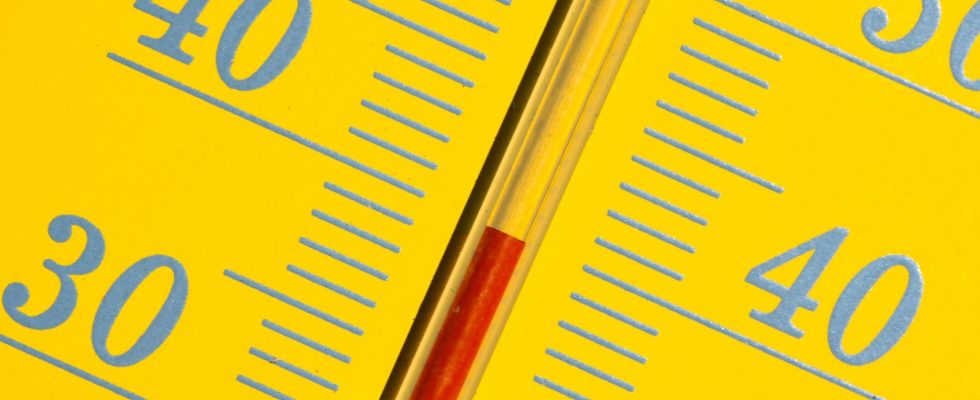Global warming is a reality of the Anthropocene. It will soon exceed the +1.5°C predicted at the Paris Climate Conference and risks reaching +3°C in the decades to come. Extreme heat waves, drought and floods already affect nearly 50% of the world’s population. Everyone remembers that, even here, the heatwave of 2003, for which France was not prepared, caused significant excess mortality among the elderly. In this context, the challenge of health threats is as diverse as it is complex to understand.
We can schematically distinguish infectious and non-infectious risks. The first relate to the increase in the incidence of infectious diseases already present, the extension of their areas of occurrence, the reawakening of extinct infections and the emergence of new pathologies. Higher temperatures create more favorable conditions for infectious disease vectors, such as mosquitoes, ticks and rodents, to thrive. Thus, dengue fever, a viral disease transmitted by certain mosquitoes, which causes hundreds of millions of infections and an estimated 20,000 deaths worldwide each year, “benefits” from a higher temperature. Note that this effect can sometimes play the opposite role, which is the case for malaria in certain regions. The occurrence of floods causes water contamination and increases the risk of cholera but also of numerous intestinal infections, particularly among young children.
Let us add that a higher temperature can encourage bacterial growth in contaminated water. Certain micro-organisms adapt to heat and therefore become more threatening to humans. This is undoubtedly the case of Candida auris a fungus responsible for twelve years for infections resistant to drugs active on fungi, which most often occur in hospitals, in very fragile people, and cause death one in three times! Mushrooms are known to be sensitive to temperature. The hypothesis is that this parasite would have adapted to higher temperatures and would therefore become pathogenic at body temperature. We cannot exclude that others will follow this path. A risk also lies in the thawing of permafrost in Arctic regions, which could release pathogenic microorganisms present on Earth a few hundred or thousands of years ago, which would then be spread by livestock.
The non-infectious risks, through heat waves responsible for dehydration of the elderly, are well known. They also concern pregnant women and their fetuses. It has recently been documented that a single degree Celsius rise in temperature increases the risk of prematurity by 5%. It is the placenta, and therefore the nutrition of the fetus, which suffers the most in cases of extreme heat. Rising temperatures, drought and, conversely, floods are reducing food production capacity and thus impacting health, while 800 million people around the world already suffer from insufficient nutrition. It is not always easy to attribute with certainty a direct or indirect effect of global warming to a health risk as there are so many confounding factors, but we can say without much risk of error that it contributes to it.
How to respond to these new health threats? Many organizations are helping to develop responses. Reducing CO2 emissions by following the Paris agreements is an obvious and essential element. More specifically, monitoring and adaptation measures will be necessary. In particular, it will be necessary to strengthen the surveillance of infectious risks – in particular by including the animal world – in search of the emergence of new pathogens. It is also essential to improve our preparation for the risks of epidemics and pandemics. Adaptation on a global scale involves the development of water sanitation, or even an evolution of crops in the face of hotter and drier conditions. Finally, public health measures must be developed, particularly aimed at protecting the most vulnerable, including the elderly, and education for which health professionals are on the front line.
